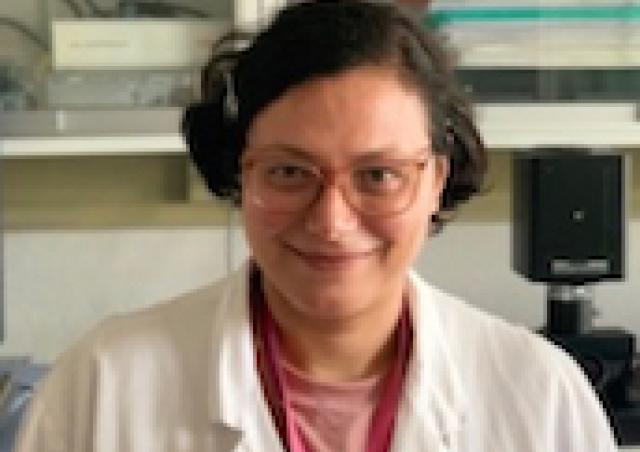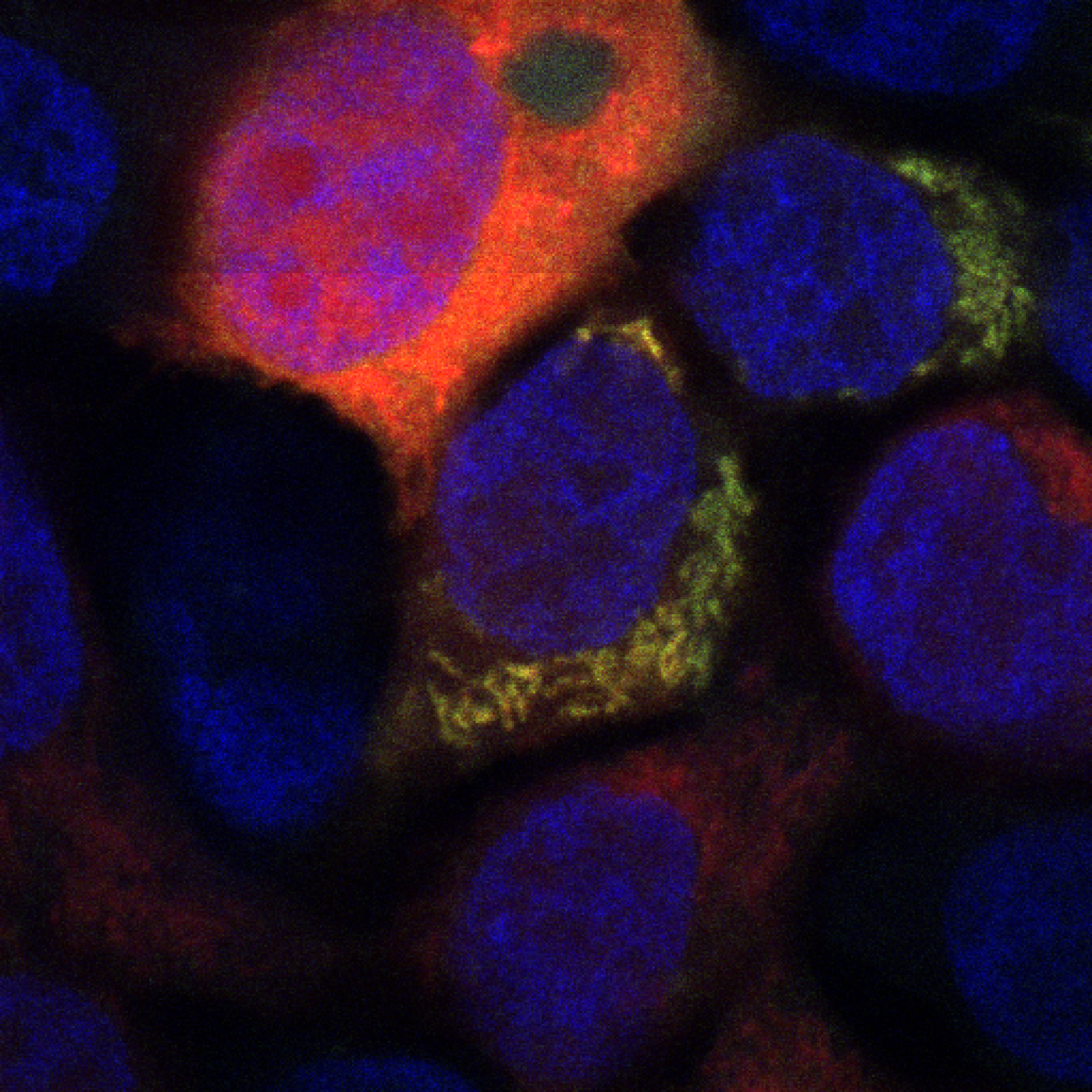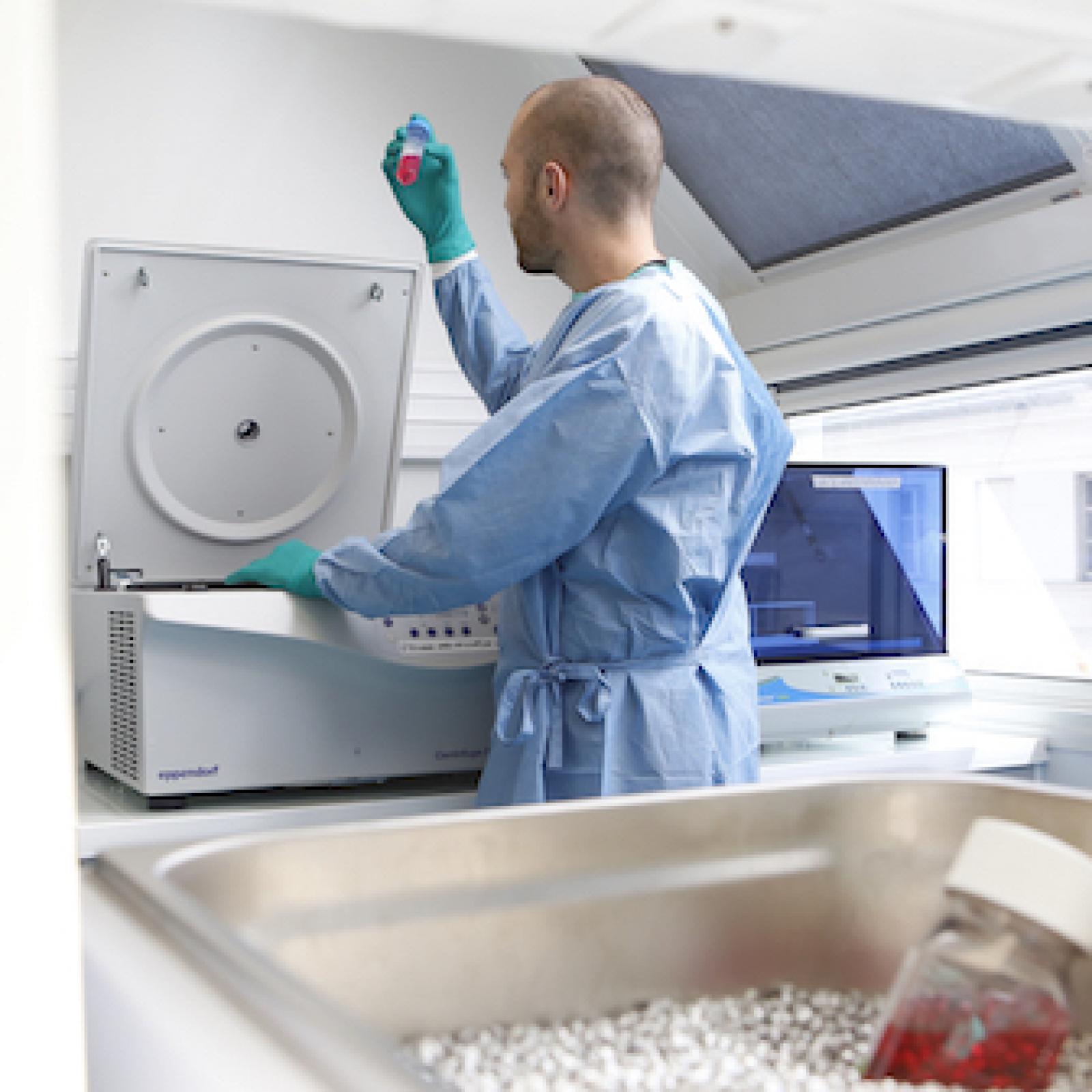Glucose sensing, Insulin signaling, and Glucotoxicity
The main interest of our group is to characterize the molecular and biochemical mechanisms underlying the control of intermediary metabolism by nutrients and hormonal signals in cell types that are important for the regulation of energy homeostasis under both physiological and pathophysiological conditions (type 2 diabetes, glucotoxicity, NAFLD/NASH, inflammatory diseases).
We are performing metabolic and transcriptional studies of the regulatory role of the insulin receptor (IR), the key enzyme of O-GlcNAcylation (OGT) and the glucose-sensitive transcription factor ChREBP in cells important for glucose-sensing and/or energy homeostasis, such as hepatocytes, intestinal and immune cells. Our scientific goal is to unravel how these proteins, not only by controlling glucose flux and/or insulin sensitivity, but also the release of systemic proteins (hepatokines, cytokines, gastro-intestinal peptides), modulate the inter-organ dialogue to tightly control metabolic homeostasis. To do so, we take advantage of unique genetic mouse models developed by our group, in which our targets have been deleted in a cell-specific manner. Whenever possible, we aim at translating our studies to humans through various collaborations with clinicians (RHU-Quid NASH, Tissue bank BioDIGE).
Our major objectives are therefore to:
- study the relationships between gut insulin resistance, intestinal barrier function and inflammation
- investigate the role of OGT in hepatic and inflammatory diseases
- explore how ChREBP affects the inter-organ network to control energy homeostasis


























